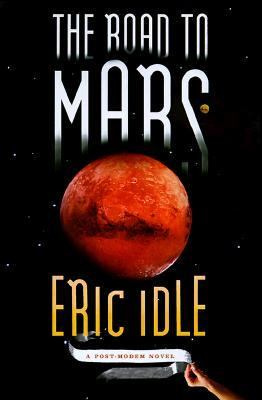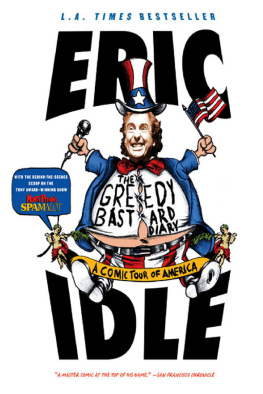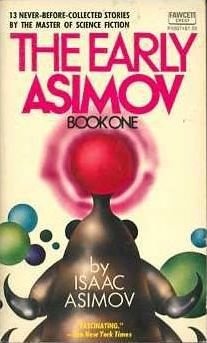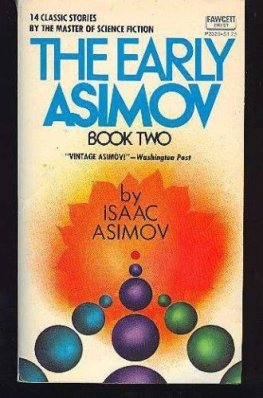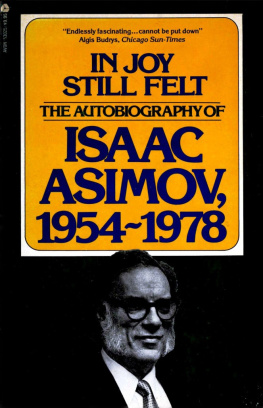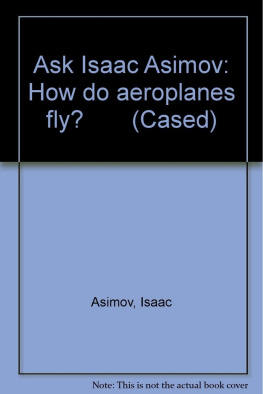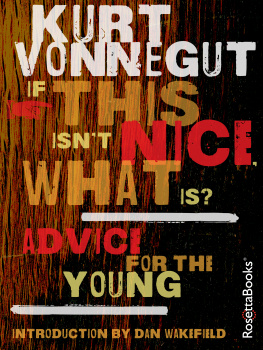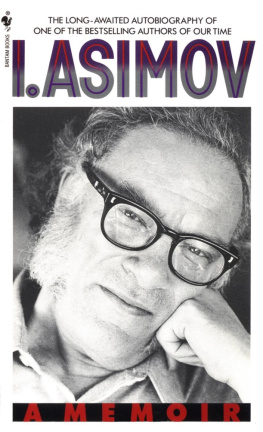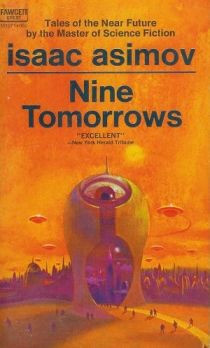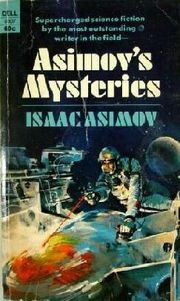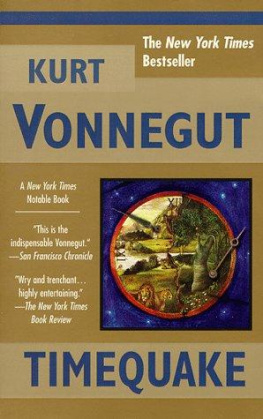Eric Idle - The Road to Mars
Here you can read online Eric Idle - The Road to Mars full text of the book (entire story) in english for free. Download pdf and epub, get meaning, cover and reviews about this ebook. year: 1999, publisher: Pantheon, genre: Science. Description of the work, (preface) as well as reviews are available. Best literature library LitArk.com created for fans of good reading and offers a wide selection of genres:
Romance novel
Science fiction
Adventure
Detective
Science
History
Home and family
Prose
Art
Politics
Computer
Non-fiction
Religion
Business
Children
Humor
Choose a favorite category and find really read worthwhile books. Enjoy immersion in the world of imagination, feel the emotions of the characters or learn something new for yourself, make an fascinating discovery.
The Road to Mars: summary, description and annotation
We offer to read an annotation, description, summary or preface (depends on what the author of the book "The Road to Mars" wrote himself). If you haven't found the necessary information about the book — write in the comments, we will try to find it.
Douglas Adams meets Kurt Vonnegut meets Isaac Asimov in this wildly inventiveand hilarious sci-fi thriller about life on the interplanetary comedy circuitin the 22nd century.
The Road to Mars — read online for free the complete book (whole text) full work
Below is the text of the book, divided by pages. System saving the place of the last page read, allows you to conveniently read the book "The Road to Mars" online for free, without having to search again every time where you left off. Put a bookmark, and you can go to the page where you finished reading at any time.
Font size:
Interval:
Bookmark:
Eric Idle
The Road to Mars
A Post-Modem Novel
1999
With Monty Pythons Flying Circus, Eric Idle proved he was one of the funniest people in the world. And with The Road to Mars he reaffirms this with a raucously sidesplitting vengence.
Muscroft and Ashby are a comedy team on The Road to Mars, an interplanetary vaudeville circuit of the future. Accompanied by Carlton, a robot incapable of understanding irony but driven to learn the essence of humor, Alex and Lewis bumble their way into an intergalactic terrorist plot. Supported by a delicious cast, including a micropaleontologist narrator (he studies the evolutionary impact of the last ten minutes) and the ultra-diva Brenda Woolley, The Road to Mars is a fabulous trip through Eric Idles inimitable world, a universe expanding at the speed of laughter.
Fame
Let us now praise famous men,
and our fathers that begat us.
Ecclesiasticus
Fame is a fickle food
Upon a shifting plate.
Emily Dickinson
Fame is a terminal disease. It screws you up worse than your mom and dad. Somewhere in the late twentieth century the pursuit of fame became a way of life. Suddenly everyone wanted to be famous. Newscasters, journalists, weather men, astrologers, cooks, interns, even lawyers for Gods sake, everyone went nuts trying to grab their fifteen minutes of fame promised by the pop philosophy of Andy Warhol. It replaced life after death as mankinds greatest illusion. Fame! Youll live forever. Fame! Your chance to revenge your parents. Fame! Take that, you nasty kids who were so cruel to me at school. Fame! A chance to screw yourself across the flickering face of history.
Fame, fame, fame, fame, fame.
This syphilis of the soul was caused of course by the arrival of television and the instant attention of the new mass media. If the medium was the message, then the message was crap, for the TV screens were filled from morning to night with a constant twenty-four-hour shit storm. No one was spared. Not presidents, not princes, not popes, not peoples representatives. Knickers off, panties down, coming live at you in ten, nine, eightKiss and tell, kiss and sell, bug your neighbors, tape your friends, grab an agent and sell, sell, sell. Intimacy? Privacy? Forget it. Notoriety? Shame? No such thing. Fame. Thats the name of the game. Private life was washed away under the tidal wave of freedom of speech. It didnt matter whether you were famous for murdering a president or inventing a pudding, now fame could travel at the speed of light, everyone was just a sound bite from stardom.
No one remembers the name of the anarchist who started World War One by murdering the archduke in Sarajevo in 1914. Everyone remembers Lee Harvey Oswald. Fame! A rifle shot away. Providing you have television. Fame, the intellectual equivalent of waving at the camera. Look at me, Ma! Im here. Im real. Im on TV. Sad, sick, and deplorable, isnt it? I mean in the 1990s even agents became famous, for Christs sake. And what do we call the famous? Stars! I mean hello. Have we no sense of irony? Look up-look up at the real stars. Billions of them? Billions and billions of the buggers. Dont we get it? There is no fame. There is no immortality. There is no life after death. There are just millions of tiny grains of sand scraping away at each other. Were on the planet Ozymandias, people! Look on my works ye mighty and despair! The grains of time, grinding away at our insignificancewell you get the picture. Youre intelligent. Youve read this far at least.
But who the fuck are you to lecture us on our insignificance? I hear you ask. Not unreasonably. OK, my name is Reynolds. Given name William. Better known as Bill. Actually, Professor Bill, which is better than William, and much better than the quite awful Billy. And thats what I do: I lecture on insignificance. Im a micropaleontologist. You may be unaware of the study labeled micropaleontology (occasionally microanthropology), which was the first really brand-new science of the Double Ages (the second millennium). It is my job to study the evolutionary implications of the last ten minutes. Originally that phrase was a cheap gag intended to belittle this brave new science, this paradoxically titled branch of anthropologyfor how can there be a micropaleontology? What are we talking ontologically here? Dust mites? Bakelite radio sets? Dung heaps of old newspapers which will over time become rock? Well actually, yes. If you can measure time in parsecs and millisecs, and matter down to the tiniest gluon, then the evolutionary aspects of the last ten minutes is a perfectly acceptable concept. So argued Edwin Crawford at Cambridge University shortly after the close of the twentieth century. He was pondering the enormous changes that had taken place during that violent era and he asked himself, What are the evolutionary implications of television? He found that similar questions could be asked of the automobile, birth control, the computer, air travel, even rock and roll. It seemed to Crawford that the process of evolution was demonstrably speeding up, that we had no time to wait for anthropologists and paleontologists to sift through the fossil record and explain what was happening to us in our time. It would be far too late to be useful. (His italics.) So, a new science was born.
My particular subject has been comedy in the late twentieth century, and I have spent the last fifteen years researching it. My doctoral thesis was called The Passive Bark: Aspects of Laughter. Yes, I know, I know, it is the hallmark of the desperately unfunny to study comedy, as if somehow it could be learned, as if it might be contagious like a virus picked up and passed on, but that indeed was exactly what I was studying when I was fortunate enough to stumble across the work of Carlton. You wont have heard of him, but he was the first to postulate a comedy gene, in a remarkable work titled De Rerum Comoedia (Concerning Comedy), a doctoral dissertation for USSAT (the University of Southern Saturn) submitted in the late 2300s. The most interesting thing about Carlton was not that he was an android, an artificial intelligence, but that he worked for two comedians, Muscroft and Ashby. You wont have heard of them either; they were just two minor comics on the Road to Mars, an ironical term used to describe the great wastes between the outer planets and mining stations where the early entertainers pursued their weary trade; a vaudeville circuit which exploited mankinds desperate need for live entertainment. They were hardly worth a footnote in the halls of humor but for the work of this quite brilliant humanoid who spent years observing them in action and asked himself two key questions: (1) What are the evolutionary uses of humor? And (2) Can it be learned by artificial intelligence?
The chess machines had long since demolished mankinds supposed superiority in chess. Could a machine now be programmed to be funny? I dont mean could it be force-fed gags to spout on verbal cuesthats easy enoughbut could it actually be programmed to understand what it was doing, to think funny, to create fresh comedy? In other words, is it possible for an artificial intelligence to learn humor, or is comedy something endemic in the species Homo sapiens? Is it unique to mankind or would you expect to find humor among any other advanced civilizations, supposing such things exist?
Carlton attacked these questions with all the vigor and freshness of a computer. This extraordinary humanoid looked at humor and came up with several interesting observations. I think youll be surprised. To put his research in perspective I need to take you back about eighty years.
Font size:
Interval:
Bookmark:
Similar books «The Road to Mars»
Look at similar books to The Road to Mars. We have selected literature similar in name and meaning in the hope of providing readers with more options to find new, interesting, not yet read works.
Discussion, reviews of the book The Road to Mars and just readers' own opinions. Leave your comments, write what you think about the work, its meaning or the main characters. Specify what exactly you liked and what you didn't like, and why you think so.

